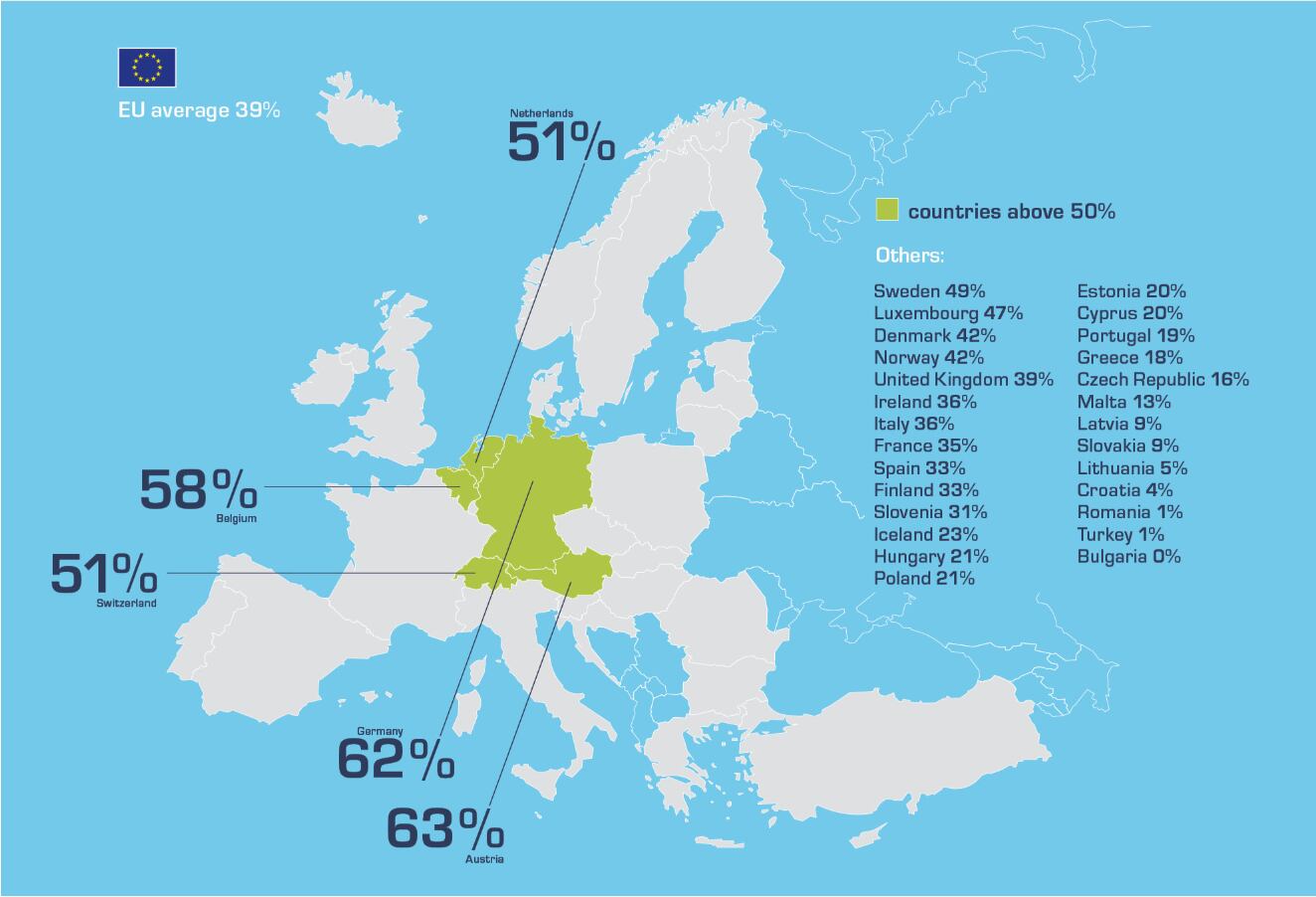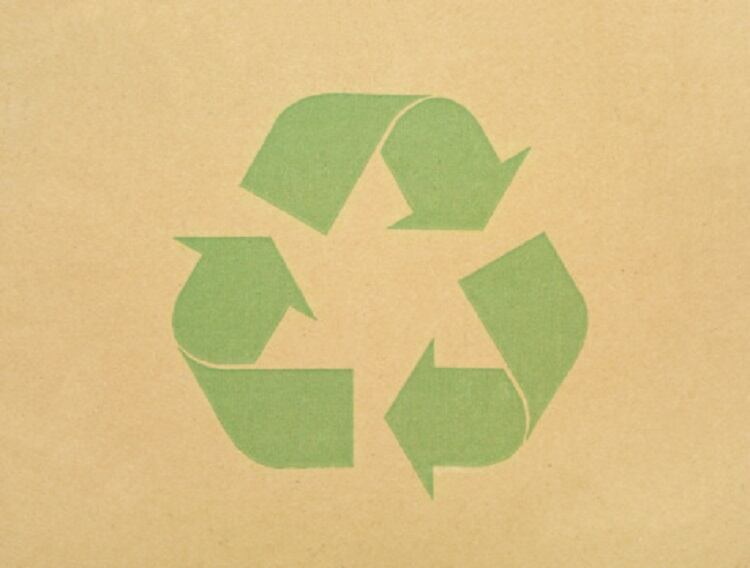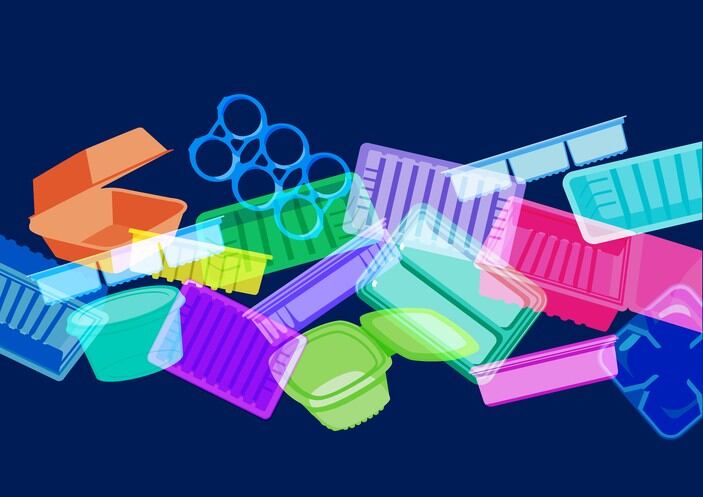Tesco has launched a new recycling initiative, which allows customers to return previously unrecyclable plastics such as crisp packets to stores.
The UK retailer has teamed up with specialist firm Recycling Technologies to launch the initiative. The supermarket has installed 10 collection booths at stores in Swindon and Bristol. Shoppers will be able to return items like bread bags, pet food pouches and shopping bags, which cannot commonly be recycled by local councils.
The waste will then will be sent to Recycling Technologies, which has developed new technology that can turn waste plastic back into oil that can then be used in the manufacture of new plastic.
“Reducing and recycling plastics is such an important issue for us, for customers and for the future of our planet. That’s why we are working hard to reduce the amount of packaging in our stores and have committed that all remaining packaging will be recyclable by 2025,” said Tesco’s Director of Quality, Sarah Bradbury.
“Our trial with Recycling Technologies will make even more of our packaging recyclable and help us reach our target. This technology could be the final piece of the jigsaw for the UK plastic recycling industry.”
Infrastructure remains the biggest problem
But the plan hinges on customers embracing the idea of returning items to a store for recycling rather than relying on kerbside collection. Lyndsey Dodd, Head of Marine Policy at WWF UK, welcomed Tesco’s initiative, but stressed a lack of infrastructure was the main factor preventing more plastic materials being collected.
“If we want to get people recycling more, we need to make it as easy as possible, and part of the ambition would be to have all these materials collected kerbside and for all local authorities to be collecting the same things,” she told FoodNavigator.
However, this shouldn’t take the burden off producers completely, she said. WWF still want to see businesses covering 100% of the costs for waste collection and management – within the current system they only cover 10% of that cost, with local authorities picking up the rest. This ties with the government’s new wastes strategy consultation unveiled last year which wants to pass 100% of costs on to producers and is feared could cost the industry as much as £2bn a year.
“The reality though is that we simply don’t have the infrastructure to collect and recycle these materials right now,” said Dodd. “So, in the meantime, we need more initiatives like Tesco’s to make it possible to recycle materials that would otherwise end up in their waste bins or in nature. And we need to tackle the problem at source by reducing the amount of single-use plastic we produce and use in order to protect our planet from the plastic pollution crisis.”
UK supermarkets and food producers are under pressure to take steps on plastic waste. But many companies say more needs to be done to improve the UK’s recycling infrastructure. Last month, packaging company DS Smith warned that the UK will fall short of its 2035 recycling targets by more than a decade because of inadequate recycling facilities.
In research titled ‘The Tipping Point’ it complained the UK’s creaking recycling infrastructure was designed in a pre-e-commerce era, with the problem exacerbated by a chronic under-investment in the UK’s waste management system, which was down 10% over the past decade.
“The total amount spent has dropped from £630 million in 2013-14 to £569 million in 2016-17. This has led to lower recycling rates in 173 of the 350 councils in England in 2016-17, compared to 2011-12. This lack of investment is coupled with no new policy to tackle this increasingly important issue,” said the report.
Jochen Behr, head of recycling at DS Smith, said: “The Tipping Point report makes for uncomfortable reading and our research demonstrates just how close our bins are to overflowing. We see a system that doesn’t consider the volume of today’s recycling, infrastructure which could be close to breakdown and a number of local authorities looking to adopt the cheapest waste treatment rather than improving the quality of collected dry recyclables. It creates a compelling case for joined-up, systemic change on how the UK deals with waste and recyclables.”
DS Smith called on government, industry and the public to work together to improve the UK’s recycling infrastructure – including a call for the appointment of a dedicated recycling minister – and statutory recycling.
Voluntary initiatives attempt to paper the cracks
Tesco’s initiative illustrates the voluntary steps being taken by UK supermarkets to tackle plastic pollution. All of the UK’s five biggest supermarkets have signed up to the UK Plastics Pact, which pledges to make all of their packaging reusable, recyclable or compostable by 2025.
UK supermarkets generate around 800,000 tonnes of plastic packaging every year, according to Greenpeace, which earlier this week called out Sainsbury's for failing to reduce the amount of plastic waste it produces. It said the supermarket had promised to cut only 77 tonnes of plastic packaging, compared to Asda's 6,500 tonnes and Morrison's 3,766 tonnes.
Morrison’s has also just unveiled plans to offer paper carrier bags to all customers. They will be priced at 20p, which will be the same price as a standard Morrison's plastic carrier bag.
Andy Atkinson, customer and marketing director, said: “We are taking another meaningful step that will remove an estimated 1,300 tonnes of plastic out of the environment each year. Our customers have told us that reducing plastic is their number one environmental concern so introducing the paper bag across the nation will provide another way of reducing the plastic in their lives.”
Supermarkets must balance action on plastic with food waste concerns
But food retailers are also coming under pressure to avoid damage to the environment by removing plastic. Morrison’s was criticised last year for removing plastic sleeves from cucumbers in an attempt to cut down on plastic use. Environmental charities accused the supermarket of ignoring the risk that plastic-free cucumbers could pose to food waste, which releases harmful methane gasses when it decomposes.
The UK is among the worst in the EU for recycling rates:
- There is an EU target for the UK to recycle at least 50% of household waste by 2020
- The UK recycling rate for household waste was 45.7% in 2017, up from 45.2% in 2016, according to official UK statistics
According to the European Environment Agency, Germany has the highest recycling rates. Wales is significantly ahead of the UK average, data suggests.






